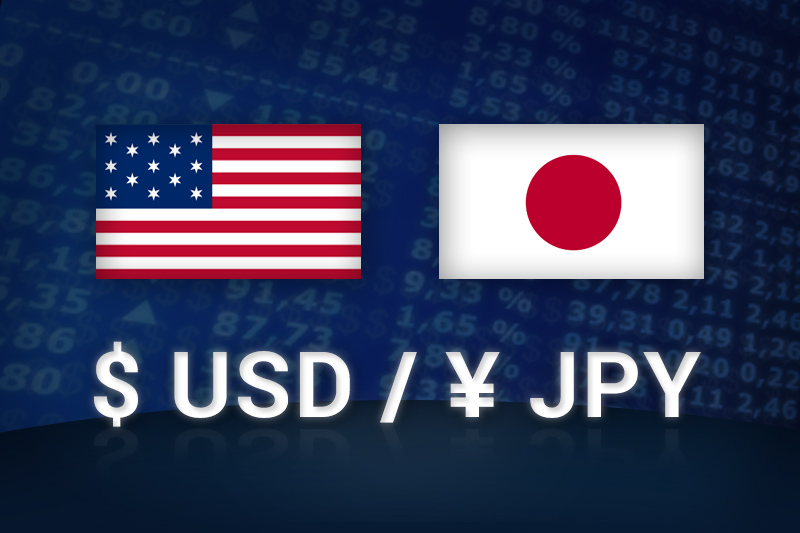Investing.com’s stocks of the week
Investing.com - The U.S. dollar traded higher against the Japanese yen during Tuesday’s Asian session as traders were displaying some level of discomfort with trade data that was published in Japan during Monday’s session.
In Asian trading Tuesday, USD/JPY rose 0.16% to 97.73. The pair was likely to find resistance at 98.64, Thursday's high, and support at 95.93, the earlier low.
Data published Monday revealed that Japan posted a larger-than-expected trade deficit of JPY1.024 trillion in July. Exports rose 12.2% on a year-over-year basis, boosted by a weaker yen, while imports climbed 19.6%. Analysts were expecting a JPY786 billion trade gap.
What the trade gap reveals is that while the weak yen has been a boon for Japanese exporters, the currency’s slide is a double-edge sword because Japan is light on natural resources, meaning it must import much of its energy needs. Energy commodities such as oil are denominated in dollars.
Elsewhere, EUR/JPY rose 0.17% to 130.33 after Germany’s Bundesbank on Monday said the European Central Bank’s commitment to keeping rates low to spur recovery doesn't mean the monetary authority won't take action to curb rising inflation rates down the road.
In its monthly report, Germany’s Bundesbank said the euro zone economy would benefit from record low interest rates set by the ECB, though the report added that the ECB’s pledge to keep borrowing costs low for an extended period would depend on the medium-term inflation outlook. Germany is the euro zone’s largest economy.
AUD/JPY rose 0.19% to 89.12 ahead of the release of minutes from the Reserve Bank of Australia’s most recent meeting. NZD/JPY fell 0.13% to 78.63.
In Asian trading Tuesday, USD/JPY rose 0.16% to 97.73. The pair was likely to find resistance at 98.64, Thursday's high, and support at 95.93, the earlier low.
Data published Monday revealed that Japan posted a larger-than-expected trade deficit of JPY1.024 trillion in July. Exports rose 12.2% on a year-over-year basis, boosted by a weaker yen, while imports climbed 19.6%. Analysts were expecting a JPY786 billion trade gap.
What the trade gap reveals is that while the weak yen has been a boon for Japanese exporters, the currency’s slide is a double-edge sword because Japan is light on natural resources, meaning it must import much of its energy needs. Energy commodities such as oil are denominated in dollars.
Elsewhere, EUR/JPY rose 0.17% to 130.33 after Germany’s Bundesbank on Monday said the European Central Bank’s commitment to keeping rates low to spur recovery doesn't mean the monetary authority won't take action to curb rising inflation rates down the road.
In its monthly report, Germany’s Bundesbank said the euro zone economy would benefit from record low interest rates set by the ECB, though the report added that the ECB’s pledge to keep borrowing costs low for an extended period would depend on the medium-term inflation outlook. Germany is the euro zone’s largest economy.
AUD/JPY rose 0.19% to 89.12 ahead of the release of minutes from the Reserve Bank of Australia’s most recent meeting. NZD/JPY fell 0.13% to 78.63.
